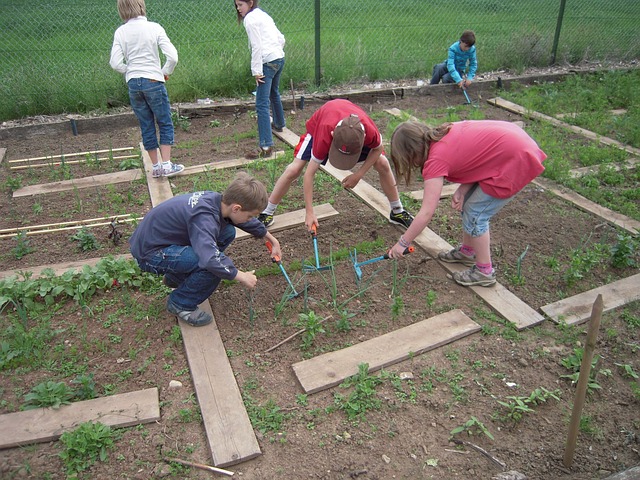School community gardening is a powerful tool that is transforming learning in classrooms across the world. Students who participate in school gardening programs experience a range of benefits, from improved academic performance to better health and wellbeing. These programs are not only an excellent way to teach children about science and nature but also provide them with a hands-on experience that fosters a deeper appreciation for the environment.
One of the most significant benefits of school community gardening is that it helps students develop a sense of responsibility and ownership. When children are responsible for caring for plants, they learn to value hard work, commitment, and perseverance. They also learn about the importance of teamwork, as they collaborate with their peers to tend to the garden.
Another important benefit of school community gardening is that it helps children develop a more profound understanding of the environment. As they work in the garden, students learn about the intricate connections between soil, water, air, and plants. They also learn about the importance of pollinators, such as bees and butterflies, and how they help plants reproduce.
School community gardening also helps improve academic performance. Studies have shown that students who participate in gardening programs tend to have higher grades, better attendance, and improved test scores. This is likely because gardening provides a hands-on, experiential learning experience that reinforces the concepts taught in the classroom.
In addition to academic benefits, school community gardening also provides numerous health benefits. Spending time outside and engaging in physical activity can help children reduce stress, increase focus, and improve overall wellbeing. Growing and eating fresh produce can also help children develop healthier eating habits and reduce the risk of obesity and other diet-related health problems.
Finally, school community gardening can also help build stronger communities. By working together to tend to the garden, students develop a sense of camaraderie and respect for one another. School gardens can also provide a space for community members to come together and work towards a common goal.
In conclusion, school community gardening is a powerful tool that is transforming learning in classrooms across the world. By providing a hands-on, experiential learning experience that fosters responsibility, teamwork, and an understanding of the environment, school gardening programs are helping to prepare the next generation of leaders and environmental stewards.
